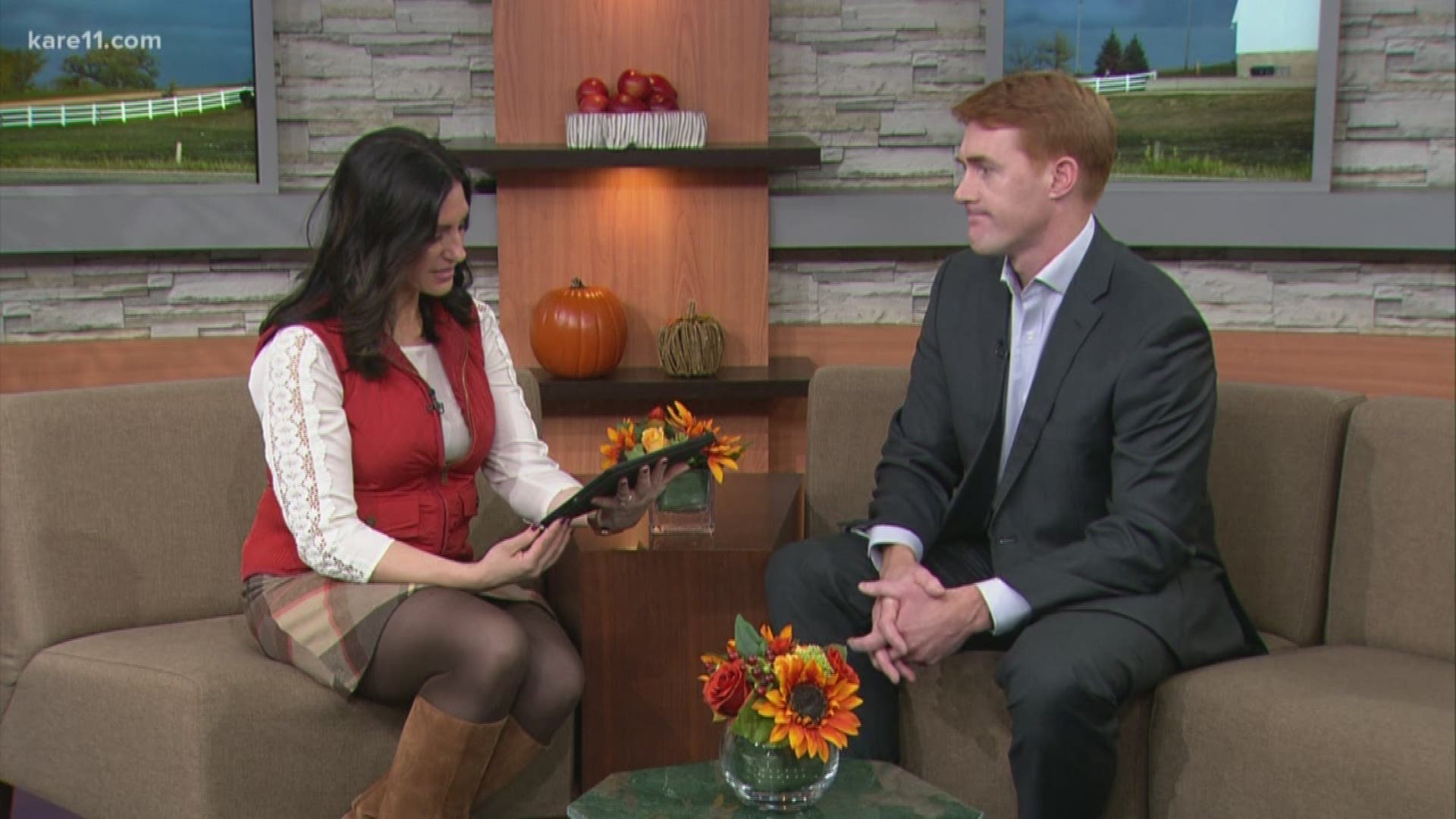October is National Cybersecurity Month. It’s the 16th year that the Department of Homeland Security has held this annual initiative to raise awareness about the importance of cybersecurity. Consumers face new threats every day in the ever-growing cyber world. Without proper privacy and cybersecurity planning, execution, and monitoring, these threats can lead to irreparable damage to your personal information.
- Check your privacy settings on your existing apps
- Change your passwords (and consider a password manager), especially from device defaults
- Be wary of free public Wi-Fi
- Surf and Shop Safely
- Share Selectively
For more information visit: www.robinskaplan.com
How cyber savvy are you? Test yourself with these three true/false questions:
T/F – 90% of cyberattacks begin by email
True
Phishing is the practice of sending fraudulent emails from seemingly reputable companies. By clicking on a link or replying with sensitive information, phishing victims willingly give hackers access to networks and private information. Best way to avoid is never to click unknown links; hover above links to see what the URL address is; don’t send sensitive information over email; double-check the sender; ask first before sending (at home and at work)
T/F – Federal law protects data breach victims by allowing them to sue companies that lost their information
False
There is no federal privacy law in the US. All 50 states have data breach laws, but they vary in the protections they provide. Not all of them allow victims of a data breach to sue a company that’s been breached. All the more reason to try to protect yourself
T/F – Using unsecured public WiFi exposes you to cybersecurity risks
True
But even password-protected public WiFi can be risky. Should really avoid accessing bank accounts or other financial or sensitive information when on a public network—even if it’s only accessible with a login and password. Safest approach on public WiFi is using a Virtual Private Network, or VPN, which can encrypt the data you send and receive when using public WiFi
:

